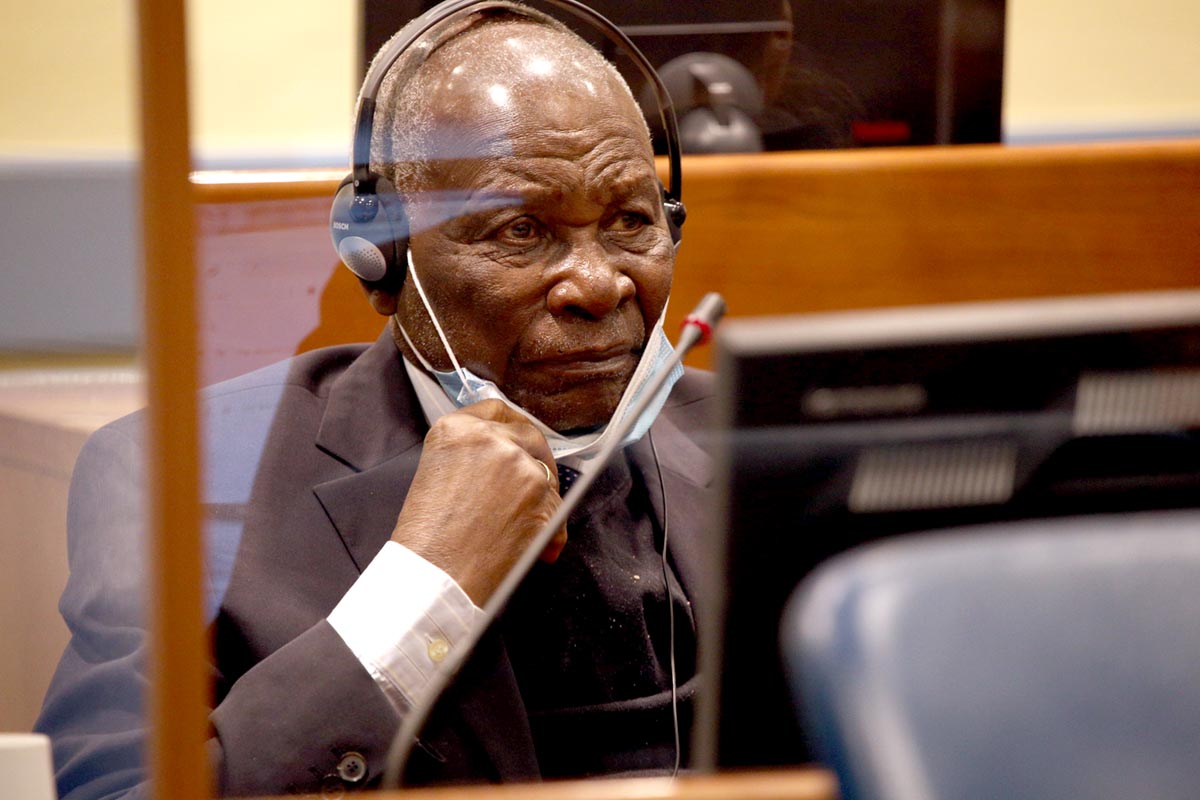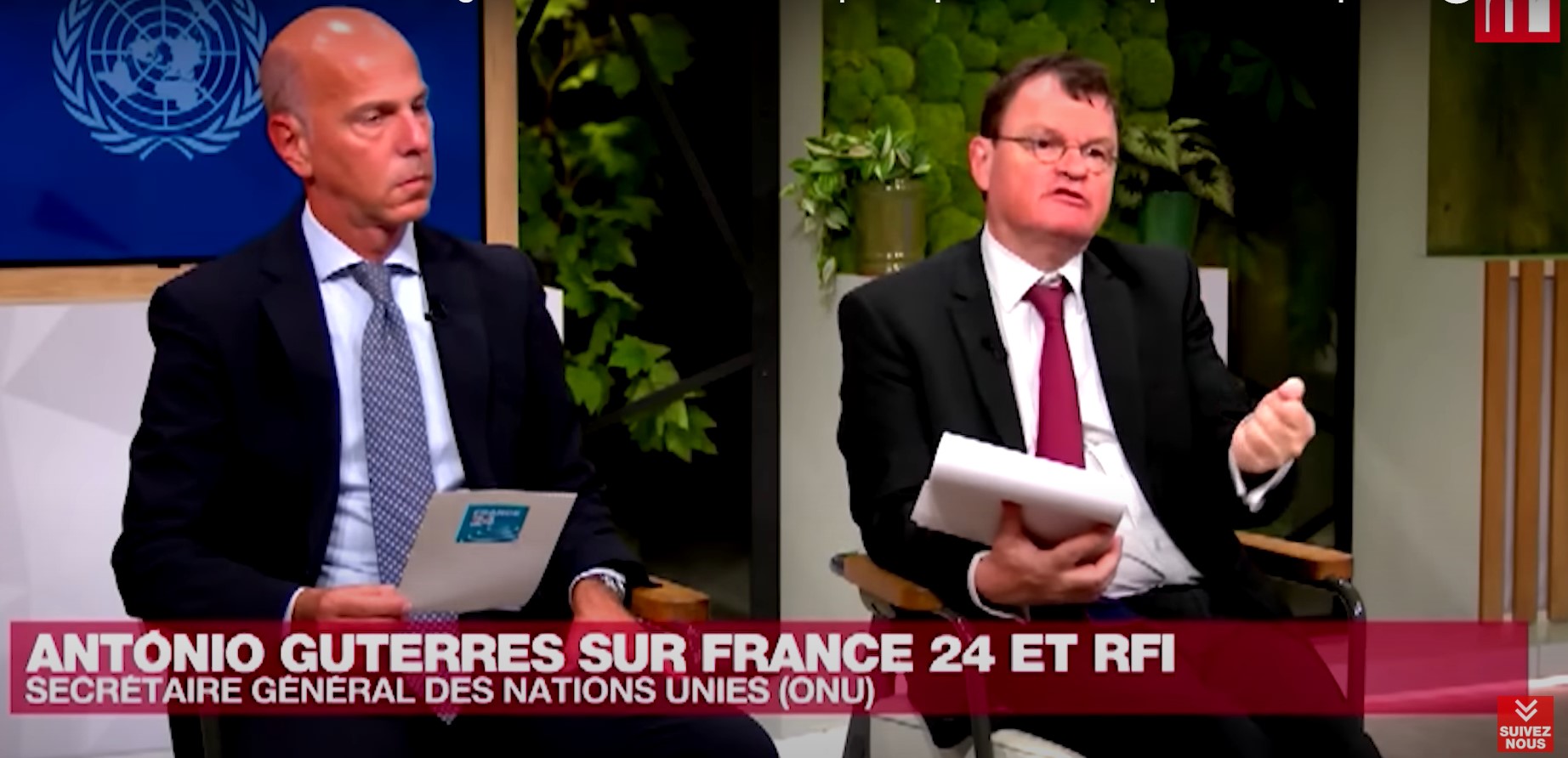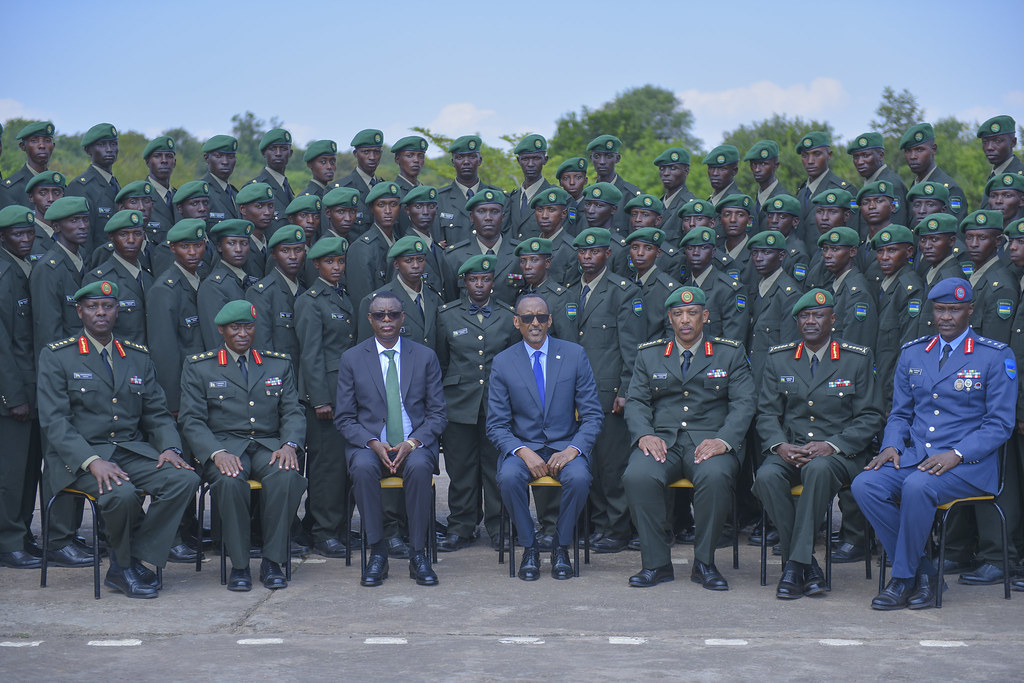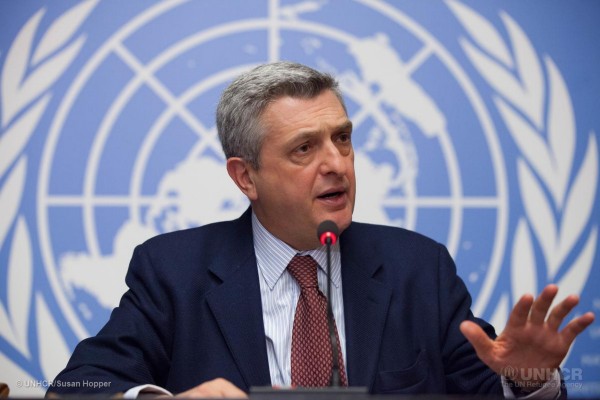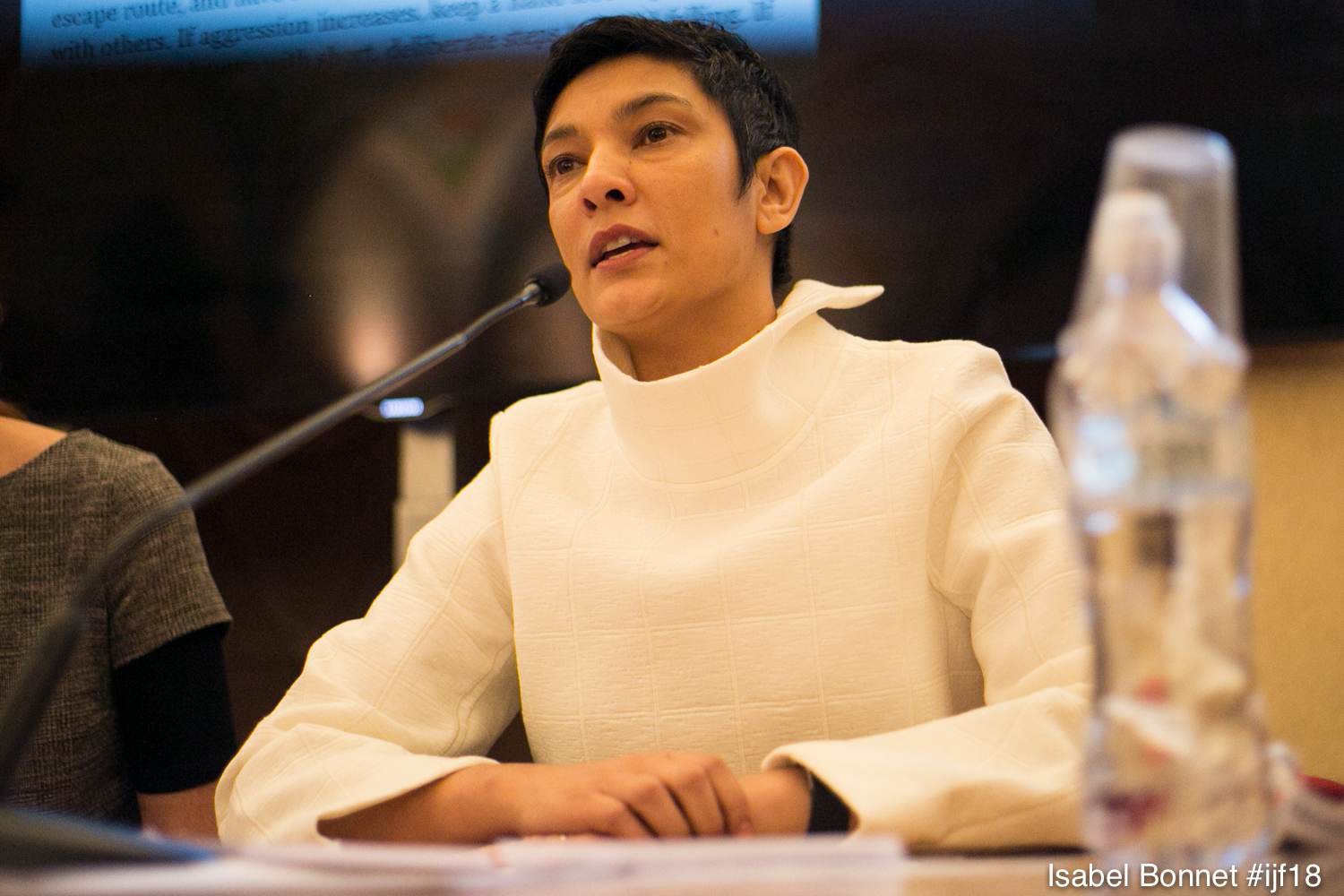International
Trade under AfCFTA kicks off, what does it mean?
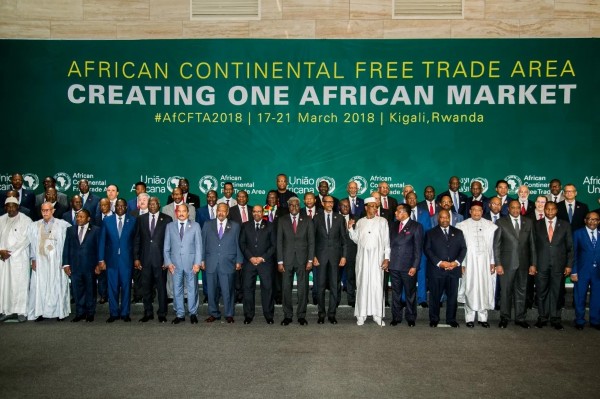
African heads of state and government at the African Union Summit that saw the signing of the African Continental Free Trade Agreement in Kigali, Rwanda, on March 21, 2018.
On
September 30, the first African Continental Free Trade Area (AfCFTA) Certificate
of Origin for Rwanda was issued to Igire Coffee, a women-led coffee processing
firm that deals in premium coffee, for coffee products destined to Ghana as
part of the AfCFTA Guided Trade Initiative.
Earlier,
on September 23, Kenya also made its first export under the initiative by
exporting batteries to Ghana. Rwanda and Kenya are among the countries selected
to participate in the pilot phase of the AfCFTA Initiative on Guided Trade.
The other
countries involved in the AfCFTA Initiative on Guided Trade are Cameroon,
Egypt, Ghana, Mauritius and Tanzania. This new development is the beginning of
the first phase that was announced in July 2022, which is realizing increased
intra-Africa trade. It seeks to demonstrate that the AfCFTA is functioning and set
an example to countries that are yet to submit their provisional schedules of
tariff concessions, according to the modalities agreed upon.
For
Rwanda, the move marks the formal start of trading under the AfCFTA agreement.
It also shows that Rwanda will now begin to access markets in west and central
Africa on preferential rates, with a reduction in duties having begun in 2021.
Additionally,
Western African countries such as Ghana, Senegal, Nigeria, Chad, and Benin are
said to present great potential for trade and investment for Rwanda’s private
sector.
The
first export also opens doors for more trade as Rwanda is expected to trade
other products across agro-processing, manufacturing and construction
materials. These include pesticides; insecticides; telephones; textiles;
processed foods such as flour, milk, cheeses, vegetables, and other
horticulture products.
For
the private sector this presents opportunities for trade in the African market,
not only in goods but also in services, through agreements that Rwanda is part
of. Although just one Rwandan company has started exporting coffee to Ghana
more are expected to join soon.
According
to the AfCFTA modalities, 90 per cent tariff offers fall under category A,
where products had to be liberalized in 2021 and progressively reduced over 10
years. Seven per cent get liberalized over 15 years and three per cent of
products are excluded from tax exemption.
Trading
under AfCFTA, is also showing that African countries under the agreement, can
identify companies, products, customs procedures, and logistics processes that
are required for the trade to happen, and are successfully easing the process.
The
landmark agreement, signed in Kigali in March 2018, makes it the world’s
largest free trade area, with a combined Gross Domestic Product of more than
$3.4 trillion, and expected to increase intra-African trade by over 50 per cent.
This will be crucial for economic growth, job creation, poverty reduction, and
social integration of the African people.
The
AfCFTA will be the largest free trade area since the formation of the World
Trade Organisation, given Africa’s current population of 1.2 billion people,
which is expected to grow to 2.5 billion by 2050. Some of its expected benefits
include:
Increasing
trade among African countries which currently ranges between 15-18%.
Stimulate
production through the development of regional value chains, to ensure that
manufacturing, agro processing and other activities across the continent are
stimulated to supply the market.
Strengthen
the capacities of African companies to access and supply world markets.
Strengthen African’s economic and commercial diplomacy.


